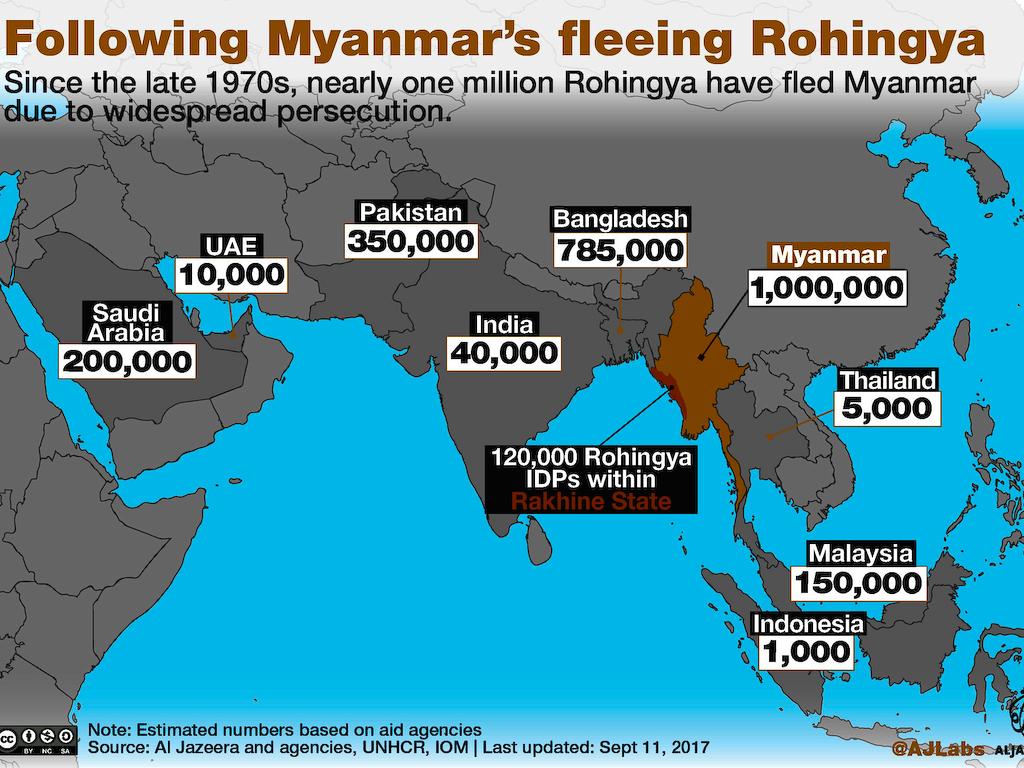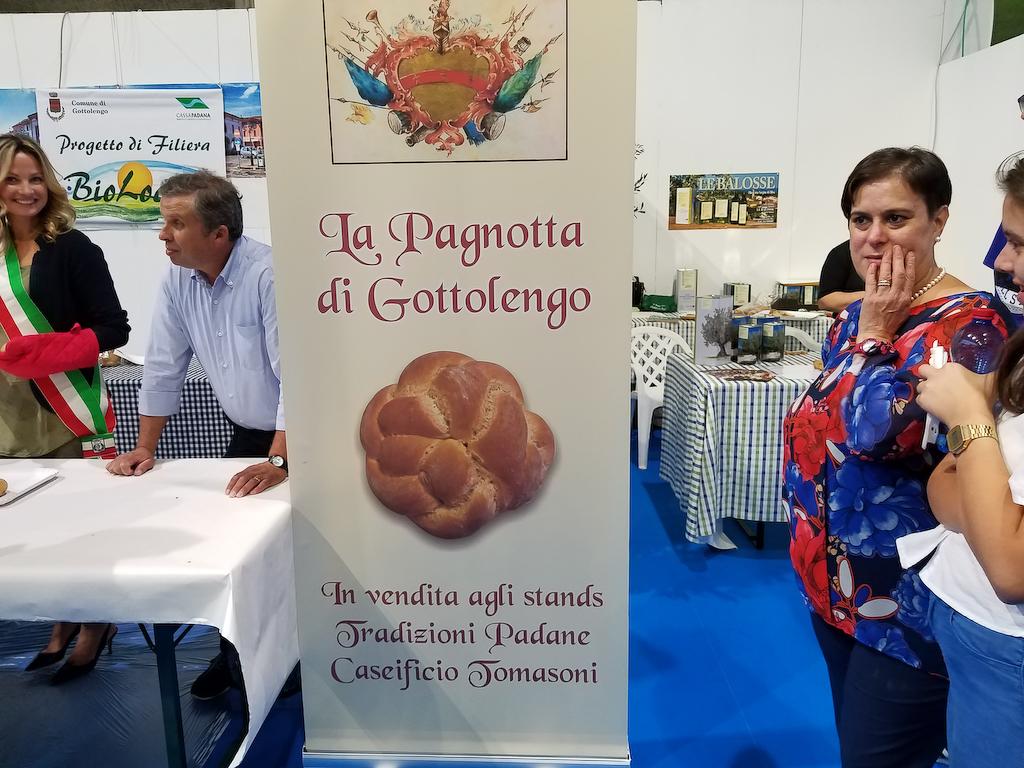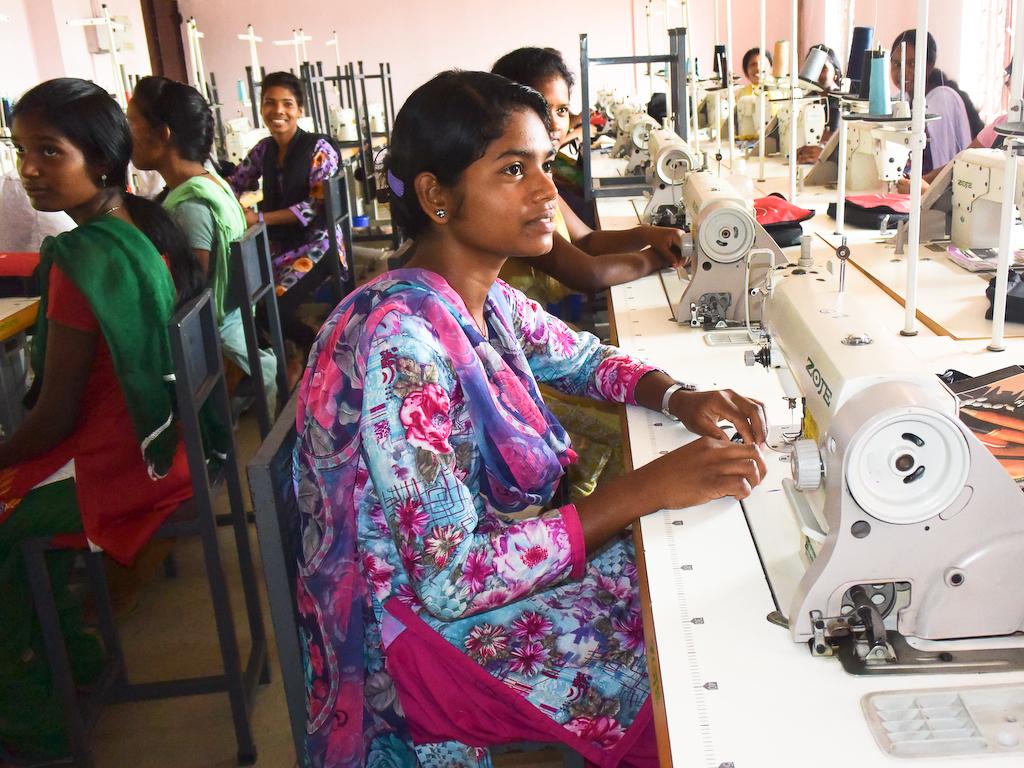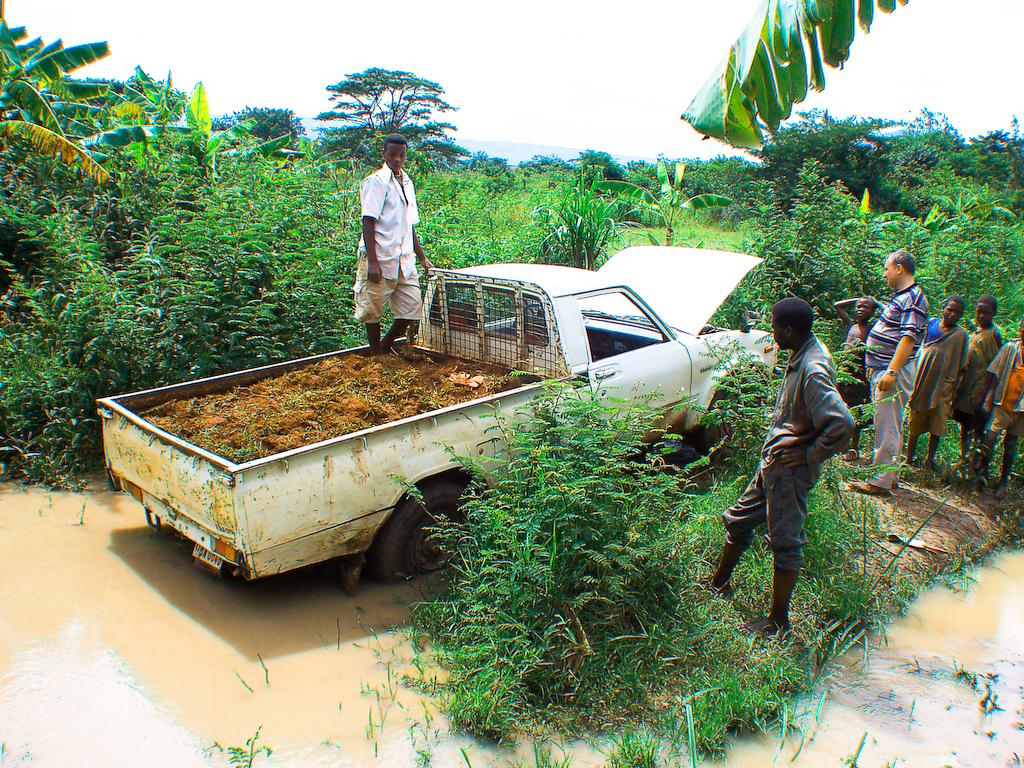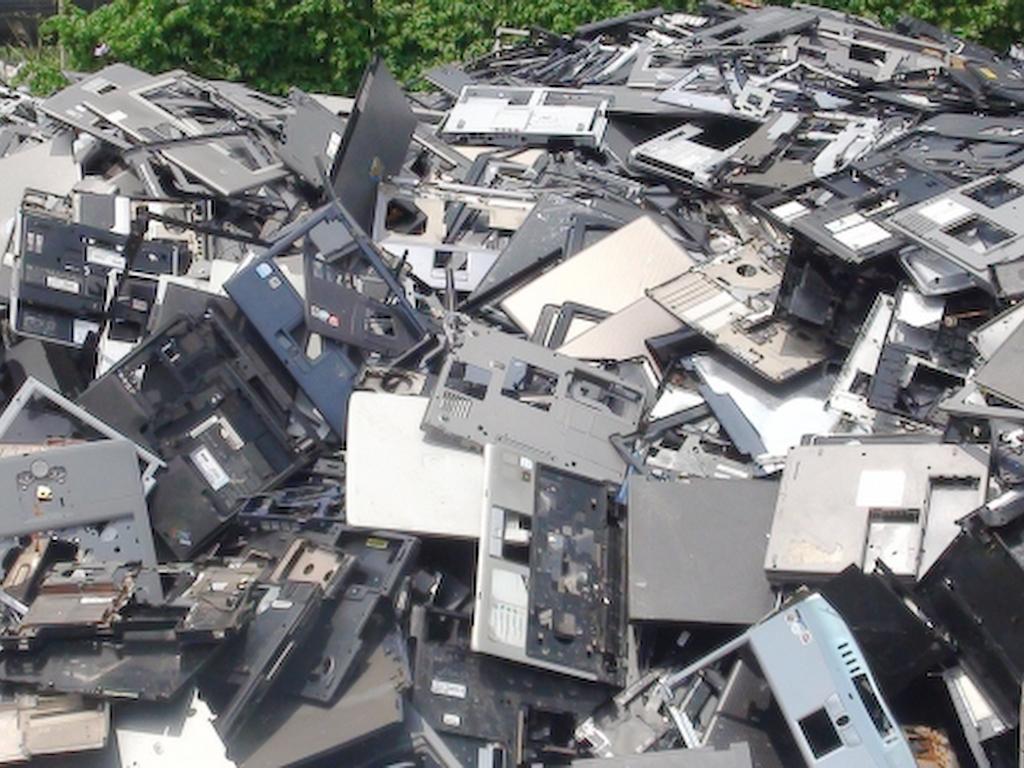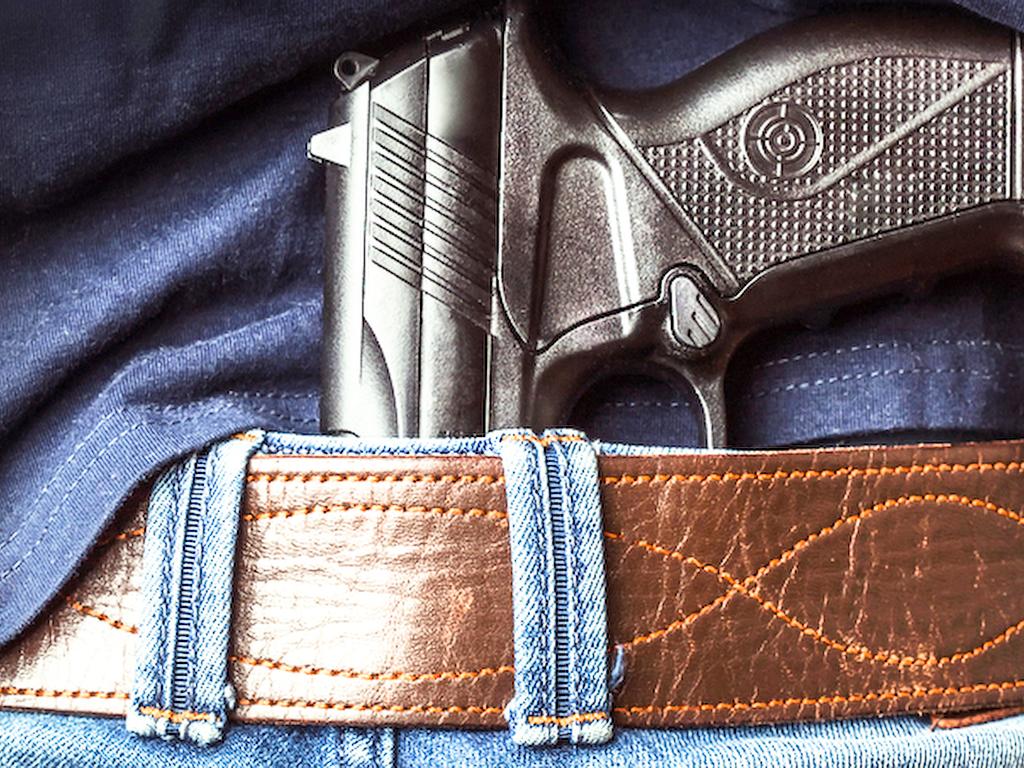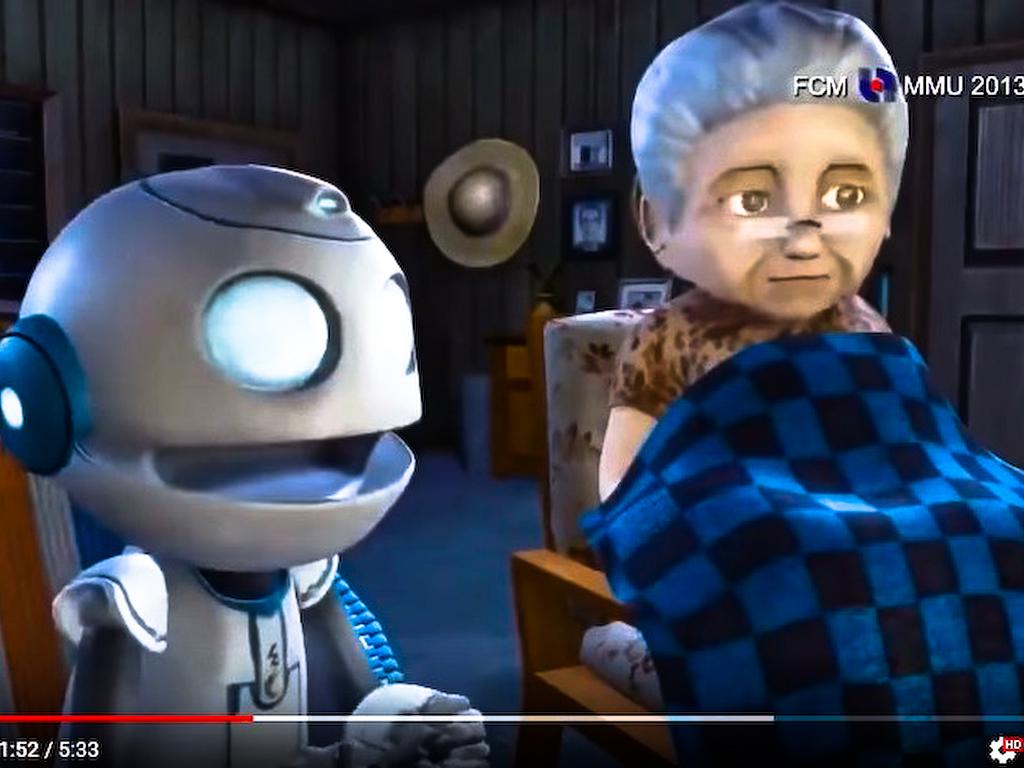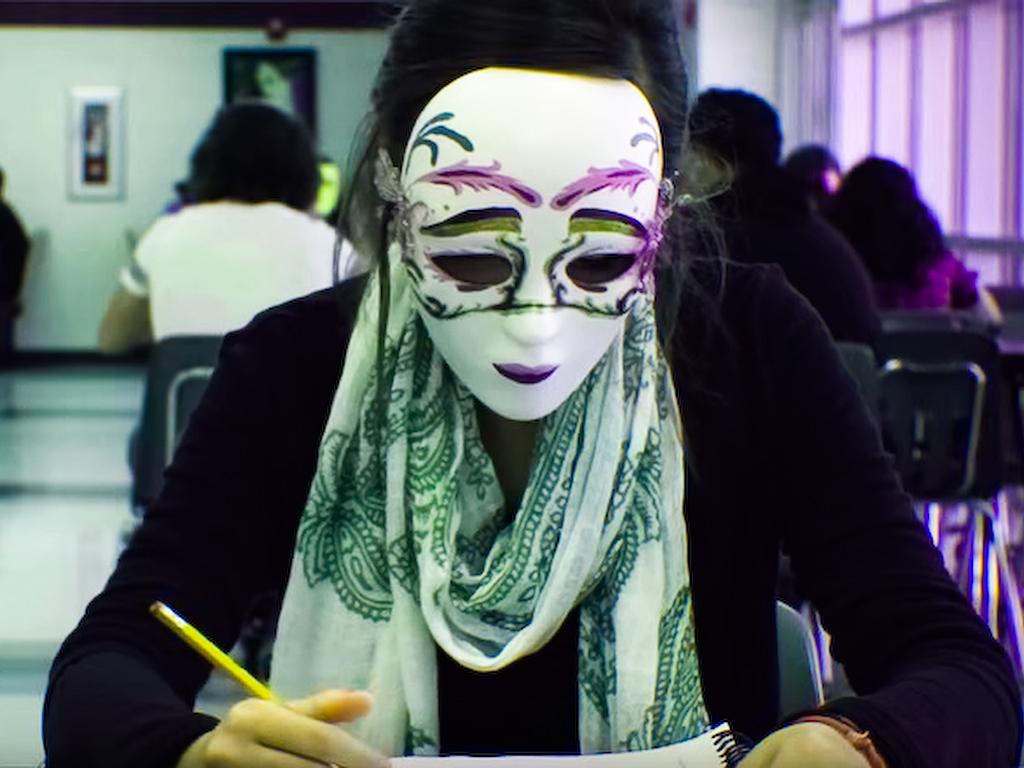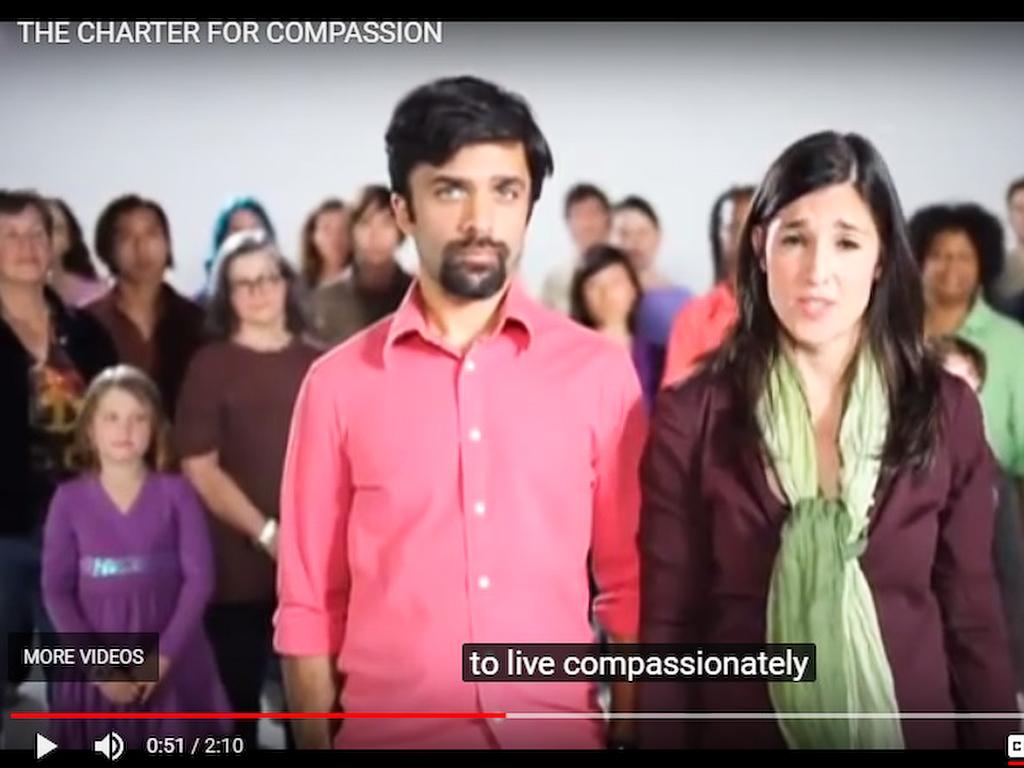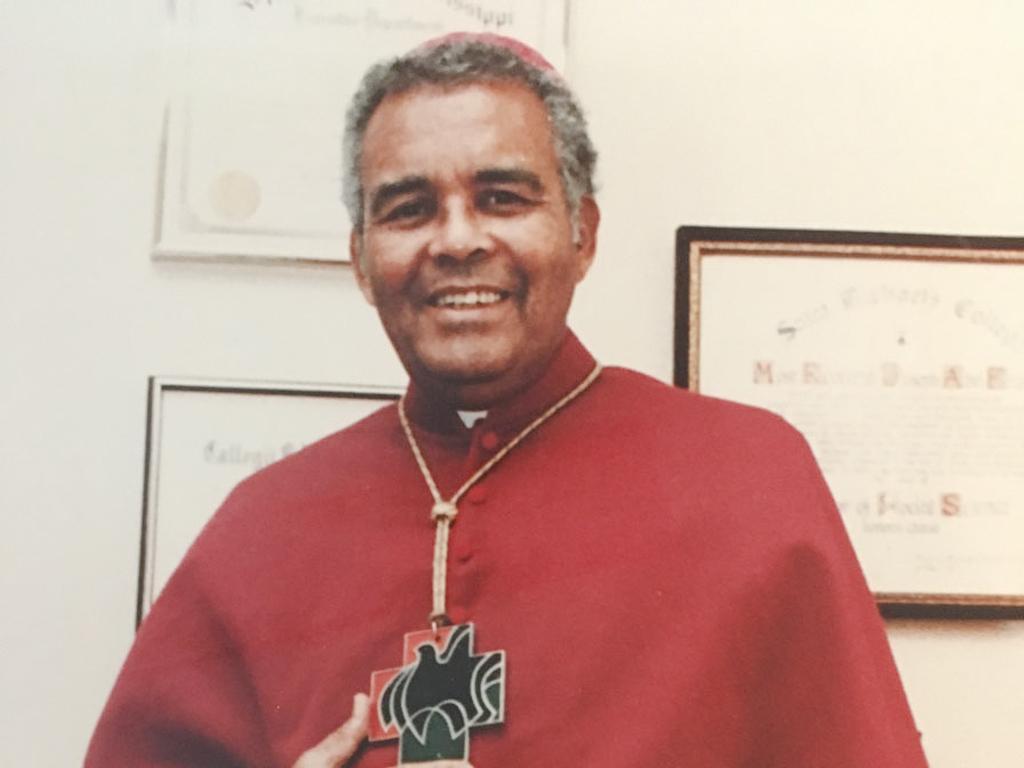Jpic News From John Paul Blog ? Vol. 5 - N 11
|
THE NEWS OF THE MONTH >>
Are Rakhine Muslim, Rohingya?Pope Francis will visit Myanmar in November amid mounting concern “about the persecution of the religious minority of our Rohingya brothers,” mostly Muslim, as the Pope himself decried. And yet the Conference Bishop of Myanmar advised him not to use the word Rohingya, raising a question: are Rohingya victims or troublemakers? On 25 August 2017, Arakan Rohingya Salvation Army (ARSA) killed Myanmar border guards, policemen, and civilians. The violence marked a dramatic escalation of an old conflict. Aung San Suu Kyi’s government sent thousands of troops into a Rakhine (formally Arakan state) village. The backlash resulted in around 1,000 people killed, 147 villages left empty and nearly 400,000 Rohingya Muslims - this includes 230,000 children - fleeing to nearby Bangladesh. The images of children and women fleeing through dangerous paths increased the solidarity all over the world, a UN official and the Bangladesh foreign minister called out a genocide, Caritas Bangladesh mobilized to assist, US asked for Suspending Arms Sales to Myanmar. And yet nearly 30,000 Buddhists and a number of Hindus were also displaced increasing the concern that humanitarian feeling was overlapping the political dimension of the crisis. Let’s be clear about it, every act of human suffering should prompt a humanitarian response from the world society. But the international solidarity should go beyond, look what's behind the slaughter of Rohingya, analyzing the causes, and thus avoiding to be mislead in the search of a possible solution. Here to read the entire article | |
|
THE GOOD NEWS >>
Producing on the territory for the territoryGottolengo, is a village of around 5,000 inhabitants in Lower Brescia (Lombardy - Italy). This year - from the 8th to 10th September - the Potato and the Flavors Festival was held there. It was the 15th edition of an exhibition that more and more represents and embodies the territory and the Community, offering a "showcase" of a way of being and doing that fits perfectly in the vision of Sustainable Development Objectives. In a pleasant ambience of conviviality and joy, matching with the traditional agricultural food of the region, an exhibition-market gathered producers and growers to sell their produce, in the midst of beautiful events that engaged visitors, from the show cooking and culinary competitions to the lunch and the supper on the spot, with the taste of typical local dishes: potato dumplings, salami split and the inevitable “Brescia spit”, a local type of kebab made with lots of different meats. The Potato Festival is thus a show of the local agricultural food excellence, but also something more: it is a "defense" empowering the development of the territorial, cultural and rural patrimony of resources and wealth, tied to the agricultural land. In reality the project consists in promoting sustainable local development, via the organization, of the territory and the local produce according to supply and demand and offering: consumption of the products based on consistency, thereby "connecting" with the territorial food chain that puts value on both typical and unusual food production; and this is a guarantee of food health, the collective wellbeing and the environmental safeguard. The Gottolengo municipality becomes in this way an example of food excellence, a sector that has for a long time distinguished itself with Italian produce. Here to read the entire article | |
|
THE WORST NEWS >>
"Anti-conversion" laws are in fact instruments to restrict religious freedom, continue to exacerbate and polarize Indian society. Jharkhand, northern India, recently became the ninth state of India to approve and enforce an "anti-religious conversion" measure when its governor, Draupadi Murmu, signed a bill on September 5, with a paradoxical title "Freedom of Religion Bill". "The measure affects non-Hindu religious communities like Christians, Muslims, Sikhs, and other local communities. It is our duty to denounce an injustice that violates the freedom of conscience and religion and is against the Constitution", states the Jesuit Fr. Michael Kerketta, Indian theologian and professor in Ranchi, capital of Jharkhand. Photo. © John Paul, mccj. Upaya Center (India) of SVD Missionaries, for poor young girls formations
| |
|
Celebrating!
19 November, The World Day of Remembrance for Road Traffic Victims"Better post-crash response is critical to achieving Sustainable Development Goal target 3.6 to reduce by 50 per cent by 2020 the number of people killed and injured in road traffic crashes. On this World Day of Remembrance, in honor of those killed and injured each year, let us take the necessary steps to make our roads safe for all" (Secretary-General, Ban Ki-moon). Since the adoption of the World Day of Remembrance for Road Traffic Victims, pursuant to General Assembly resolution n° 60/5 of October 26th, 2005, the observance has spread to a growing number of countries on every continent. The Day has become an important tool in global efforts to reduce road casualties. It offers an opportunity for drawing attention to the scale of emotional and economic devastation caused by road crashes and for giving recognition to the suffering of road crash victims and the work of support and rescue services. In 2008, remembrance services and other related events were held in such countries as Argentina, Australia, Brazil, Brunei Darussalam, Canada, India, Japan, Mexico, Nigeria, the Philippines, South Africa, Uganda and the United States, and almost every country in Europe. A dedicated website was also launched to make the Day more widely known and to link countries through sharing common objectives and the remembrance of people killed and injured in crashes. For more information see here the web site | |
|
Take Action now!
Where Do 50 Million Tonnes a Year of Toxic E-Waste Go?Each year, the electronics industry generates up to 41 million tonnes of e-waste, but as the number of consumers rises, and the lifespan of devices shrinks in response to demand for the newest and best, that figure could reach 50 million tonnes this year, according to specialized studies. Of all these tonnes of noxious waste, a staggering 60-90 per cent of e-waste –worth nearly 19 billion dollars– is illegally traded or dumped, often with the involvement of transnational criminal gangs. West Africa has been reported by the UN Office on Drugs and Crime (UNODC) to be a major destination for electronic waste, while some Asian countries are also recipients of millions of tonnes of these toxic materials, sometimes as part of so-called trade free agreements with Western countries. Old computers and mobile phones, electric cables, televisions, coffee machines, fridges, old analogue radios are piling up in landfills across the world, UNEP explains. According to the research, e-waste often contains hazardous materials, which pose risks to human health and the environment, especially in developing countries. Laws and rules can help, but more the personal awareness and responsibility. Read more here | |
|
Time to rethink
America’s fatal obsession with gunsThis is a title of an article in a California catholic web site. Its subtitle, "It’s the worst mass shooting in modern American history” referring to 59 people shot dead, and over 526 injured during a music festival in Las Vegas. The article lists the blood Guinness records of US. - North-Americans own by far more guns per person than residents of any other country; - Of the world’s estimated 650 million civilian-owned guns, nearly half – 310 million guns – are by Americans; - Gun homicide rates are over 25 times higher in the U.S. than in any of the other nations; - Gun-related suicides are eight times higher in the U.S. than in other countries: of the approximately 31,000 annual gun deaths in the U.S., 19,000 are suicides (i.e. two-thirds of gun deaths); - The U.S. has by far the most mass shootings of any nation on earth: between 1983 to 2013, 119 mass shootings occurred worldwide, 78 of them in US (66%) The article blames to fact that "buying guns in the U.S. is far too easy", reproaching the Congress to refuse acting, and stating that "the major reason for Congress’ paralysis can be spelled out with three letters: NRA", the National Rifle Association that "mounted a powerful lobbying effort", to prevent any control law on arms to pass. And explains how many dangerous giant loopholes need to be closed. Nevertheless between lines a sentence slips in that raises a big question: "When a culture’s decreasing respect for human life and its significant indifference to violence is combined with its easy legal access to guns, the results are not difficult to predict." Another very interesting article (I used to think gun control was the answer. My research told me otherwise and the correlated articles in its bottom) adds: "The next-largest set of gun deaths — 1 in 5 — were young men aged 15 to 34, killed in homicides. These men were most likely to die at the hands of other young men, often related to gang loyalties or other street violence. And the last notable group of similar deaths was the 1,700 women murdered per year, usually as the result of domestic violence. Far more people were killed in these ways than in mass-shooting incidents, but few of the popularly floated policies were tailored to serve them." Second amendment, culture of war, spirit of dominating the world, more money spent for national army than for education, will of depredation, all increases the culture of violence and decreases the respect for human life. The NRA has a great responsibility in these issues, of course, but is it the only one to be blamed? | |
|
Keep smiling
Will we have to learn kindness from robots?Life gives us moments of joy, that we often ignore, while it is important to remember them. Parents would be the first to notice it and courtesy would be the simplest means to show it. Instead, it seems that courtesy has now become optional; the emptiness that leaves us enslaved in our egoisms, makes us robots without feelings and empathy for those we encounter. Fantasy comes sometimes to help where education fails to bring us back to earth: you cannot claim justice with sticks and machetes and you cannot claim be respected by insulting and making life impossible, neither in the public spaces (see politics with violent and offensive language) nor in the spaces we claim to be private when in fact are open to everyone, as travelling by train, by plane, on the road where the careless of others becomes a symbol of personal freedom. If you want a moment of empathy see this video | |
|
Must Watch.
IdentityLiving in a world where everybody wears masks due to lack of self-identity, a brave girl encounters the truth that sets her free. It's the central issue of the video: one girl goes to join the group conversation, and she switches masks. "In high school - writes a girl - I felt as though I needed to modify my personality depending on who I was talking to. I understand that isn't the way it should be now, but back then it felt much different. As drastic as this sounds, high school was sort of like a four-year social experiment all in itself." At a personal level, it is nowadays the bullying problem, it's like the hunger games. But, does it not pour out upon politics and social conflicts? The epidemic will of self-determination, of auto-proclaimed referendum on independence, is it a search of identity or an admission of lack of identity? Seeing the video, a high school girl confessed: once we got out and examine them from outside, issues as life look so different! But it's hard when you don't know who you are to face correctly personal, social, political and even economical issues. See the video here | |
|
Resources.
Compassion and the Sustainable Development GoalsWe believe that a compassionate world is a peaceful world. We believe that a compassionate world is possible when every man, woman and child treats others as they wish to be treated--with dignity, equity and respect. We believe that all human beings are born with the capacity for compassion, and that it must be cultivated for human beings to survive and thrive. We know that we can collectively overcome the challenges that we face as a global community. To that end we support and work to achieve the seventeen sustainable goals of the United Nations. Read more here and see how each of our sectors works to bring about transformative change. Read the Charter for Compassion. Sign here | |
|
Witnessing
Justice, peace, and libertyOn May 4th 1976 Paul VI named as auxiliary bishop of Newark (New Jersey - US) Joseph A. Francis. He was the fourth black Catholic bishop of the US -the first had been James Augustine Healy. Actually most of the ordinations of black priests in this country took place in the 1970s and 1980s. Color had made a difference in every area of Joseph’s youth. Living in a segregated neighborhood, he attended a church just for Blacks, he went to a school intended only for black children, and when he attended the theater, he sat in the place assigned to Blacks. At secondary school of The Divine Word seminary in Illinois, he experienced a great delightful experience of being equal among equals in the midst of students of various nationalities. But in his 900 mile journey back to the South, to his native Louisiana land, he was pushed aside by a white conductor and directed towards the Jim Crow car, a coach reserved for colored people . Along the road he saw the "White only" sign at the various railroad stations. His peace of mind was shattered and his anger subsided only after he resolved to fight racism in all its forms. And he did. Named bishop he chose as his motto Justice, peace and liberty and in Newark he was able to work with many diverse ethnic groups. At national level, he was the principal author of "Brothers and Sisters to Us" the U.S. Bishops' 1979 pastoral letter on the sin of racism and he lectured nationally and internationally on justice and peace. Here to read the entire article |

Office P.O. Box 138 - Montclair NJ 07042 0138 US
Please share your suggestions, opinions, doubts and ideas writing to pezzijp@jpic-jp.org
You can subscribe also by writing to webmaster@jpic-jp.org
for all back issues www.combonimissionaries.org - www.comboni.org
Copyright © www.jpic-jp.org

